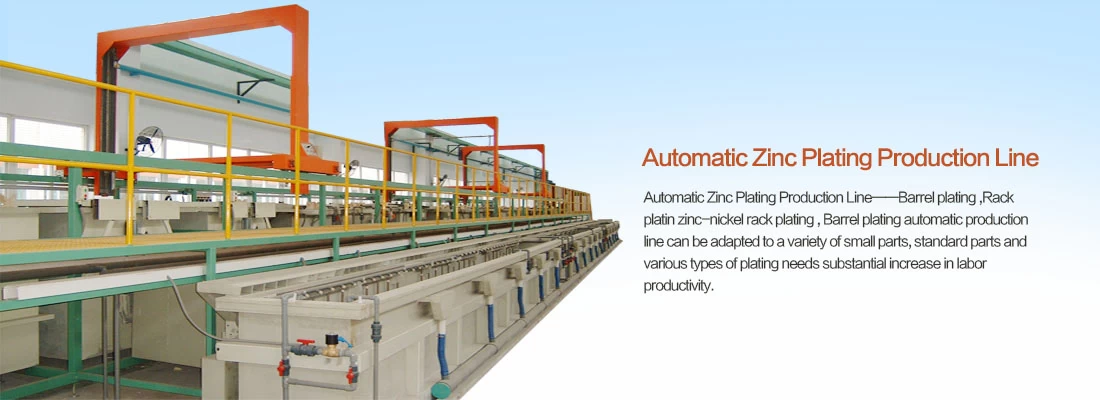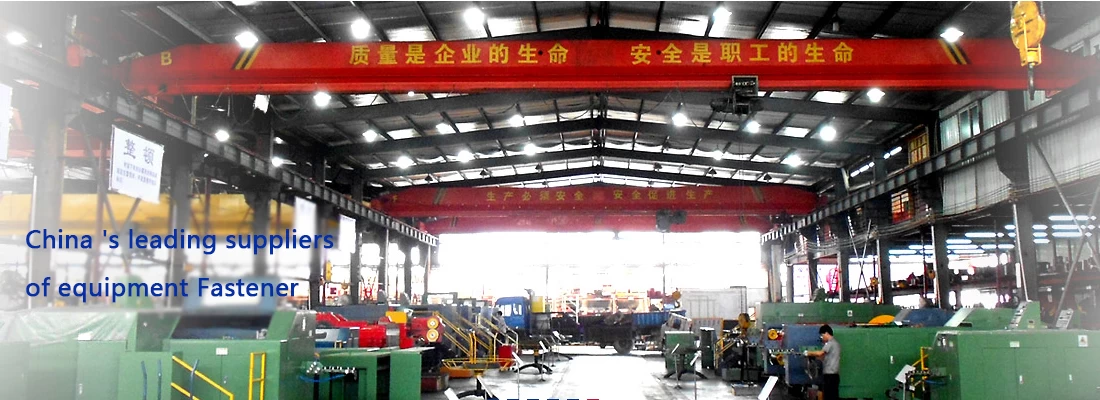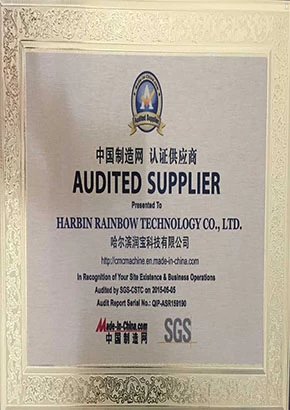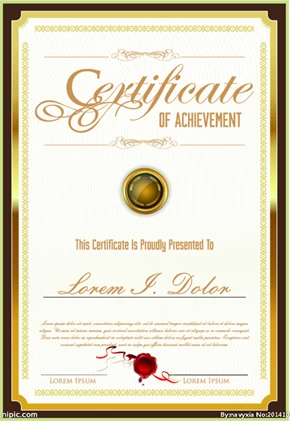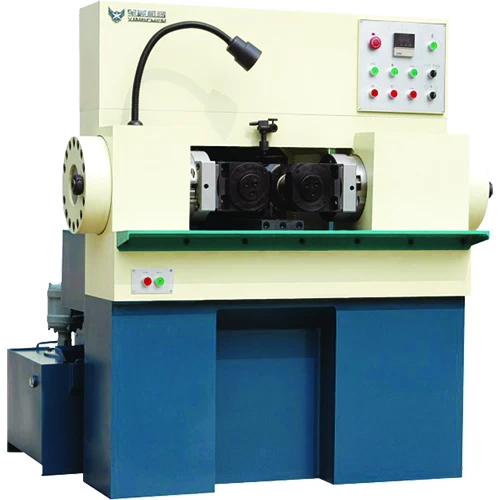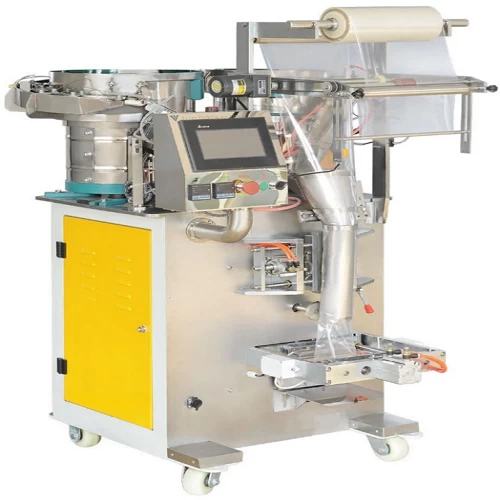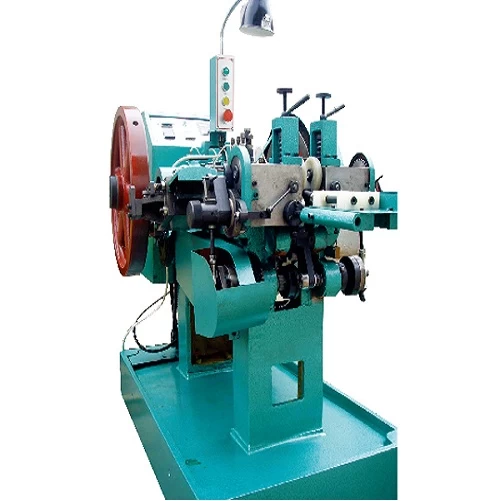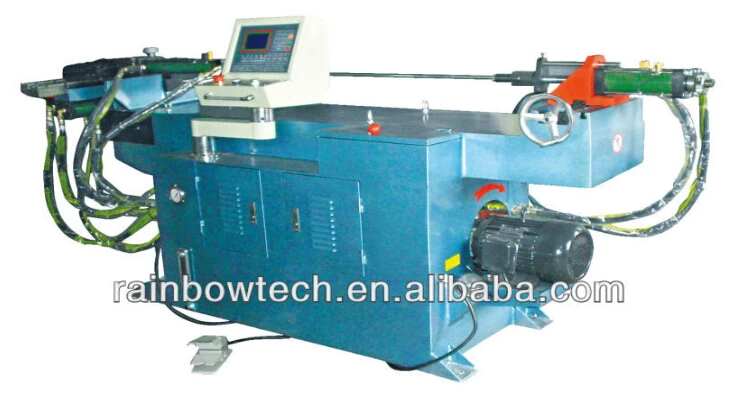The difference between dry wall nails and self-tapping nails
Zoe Jia
2023-09-27 11:21:54
1. Different uses: dry wall nails are mainly used for the installation of various gypsum boards, lightweight partition walls and suspended ceiling series. Self-tapping nails are used for non-metallic or soft metals without drilling and tapping.
2. Different features: The feature of the dry wall nail is the horn shape. Self-tapping screws are characterized by small tightening torque, high locking performance, and better working performance than ordinary self-tapping screws, which can be used instead of machine screws.
3. Different classification: dry wall nails have two types: double-line fine tooth drywall screw and single-line thick-tooth drywall screw. Self-tapping nails can be divided into round-headed self-tapping nails, flat-headed (i.e., countersunk) self-tapping nails, top-headed self-tapping nails, dome-shaped wide-eave self-tapping nails, large round-headed (i.e. large flat-headed) self-tapping nails, hexagonal concave self-tapping nails and hexagonal concave head self-tapping nails.
Self-tapping nails are divided into four types according to the groove type: I-shaped groove head (also called groove type) self-tapping nails, cross-shaped groove head self-tapping nails, 11-shaped composite groove head self-tapping nails, U-shaped groove head self-tapping nails. According to the standard, it can be divided into national standard (GB) self-tapping nails, German standard (DIN) self-tapping nails, American standard (ANSI) self-tapping nails, British standard (BS) self-tapping nails.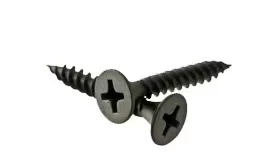
Dry wall nails have a wide range of use, basically all materials can be used, unlike pushpins, tacks and other nails have obvious restrictions on use, in this aspect can bring more effective use for everyone is dry wall nails, so its use of the number has naturally been increased accordingly.
2. Different features: The feature of the dry wall nail is the horn shape. Self-tapping screws are characterized by small tightening torque, high locking performance, and better working performance than ordinary self-tapping screws, which can be used instead of machine screws.
3. Different classification: dry wall nails have two types: double-line fine tooth drywall screw and single-line thick-tooth drywall screw. Self-tapping nails can be divided into round-headed self-tapping nails, flat-headed (i.e., countersunk) self-tapping nails, top-headed self-tapping nails, dome-shaped wide-eave self-tapping nails, large round-headed (i.e. large flat-headed) self-tapping nails, hexagonal concave self-tapping nails and hexagonal concave head self-tapping nails.
Self-tapping nails are divided into four types according to the groove type: I-shaped groove head (also called groove type) self-tapping nails, cross-shaped groove head self-tapping nails, 11-shaped composite groove head self-tapping nails, U-shaped groove head self-tapping nails. According to the standard, it can be divided into national standard (GB) self-tapping nails, German standard (DIN) self-tapping nails, American standard (ANSI) self-tapping nails, British standard (BS) self-tapping nails.

Dry wall nails have a wide range of use, basically all materials can be used, unlike pushpins, tacks and other nails have obvious restrictions on use, in this aspect can bring more effective use for everyone is dry wall nails, so its use of the number has naturally been increased accordingly.



